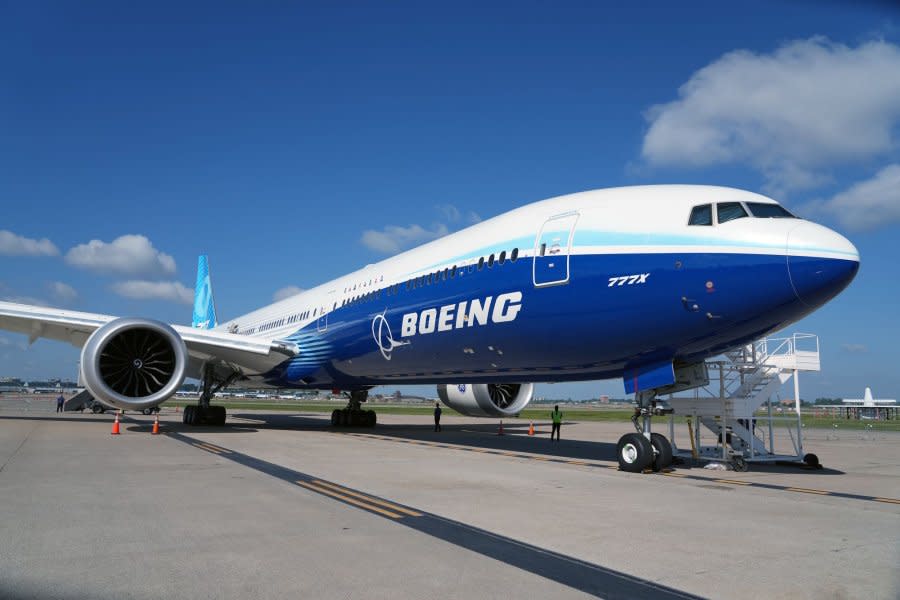Boeing to pay a $51M civil penalty to resolve export violations

March 1 (UPI) -- U.S. aerospace company Boeing has agreed to pay a $51 million civil penalty to the United States to resolve export violation charges stemming from the unauthorized export of defense articles to several countries, including China.
The State Department said in the proposed charging letter that between 2013 and 2018, three Chinese workers at Boeing facilities in China downloaded export-controlled technical data involving multiple Defense Department assets, including the F-18, F-15 and F-22 aircraft, and many others.
It also said that during that same timeframe, an unknown number of foreign workers at facilities in 18 countries, including Russia, downloaded export-controlled data on 80 occasions.
"The U.S. government ... determined that certain unauthorized exports to the PRC caused harm to U.S. national security," the State Department said in the document while referring to China by the initials of its official name, the People's Republic of China.
"The U.S. Government also concluded that a certain unauthorized export to Russia created the potential for harm to U.S. national security."
Under the 36-month consent agreement, Boeing will pay a $51 civil penalty to resolve 199 violations of the Arms Export Control Act and International Traffic in Arms Regulations.
Of the funds, the State Department said it has agreed to suspend $24 million on the condition that it be used to strengthen Boeing's compliance program.
Boeing has also agreed to have an external compliance officer oversee the consent agreement for at least two years, during which it is required to undergo two external audits of its ITAR compliance program.
"The settlement demonstrates the Department's role in furthering the national security and foreign policy of the United States by controlling the export of defense articles," the State Department said in a statement.
"The settlement also highlights the importance of exporting defense articles only pursuant to appropriate authorization from the Department."

